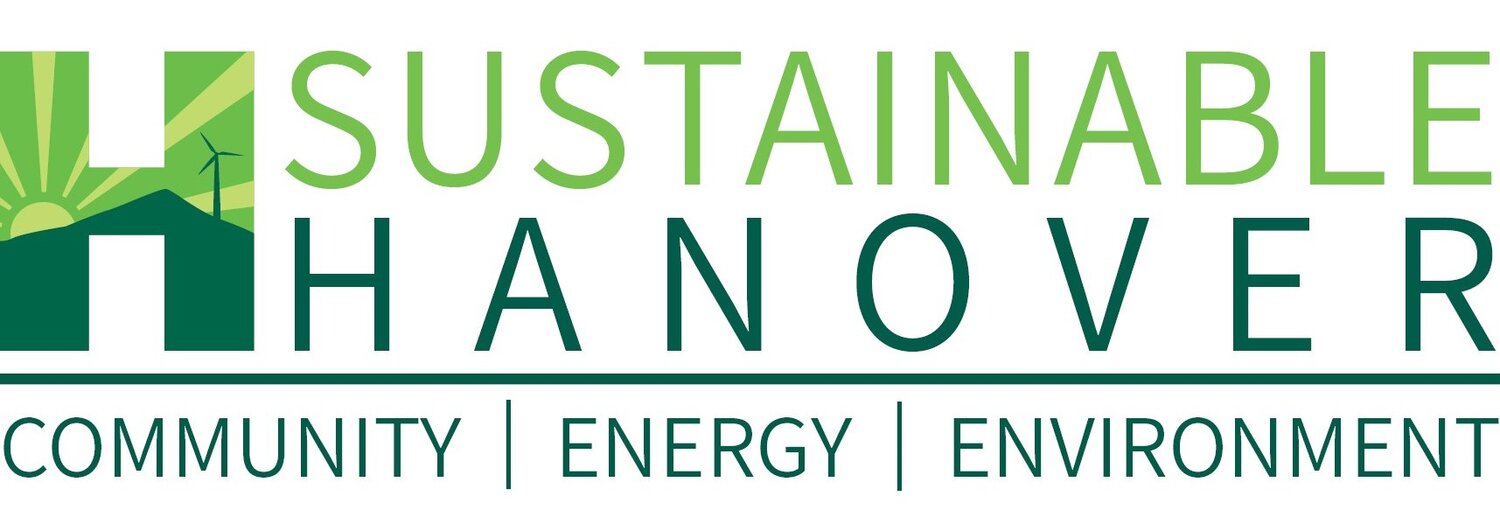
Water
“Clean water sustains our communities, economies, ecosystems and health.“
Climate and Water
“Water is the primary medium through which we will feel the effects of climate change.”. (UN Water)
In our Northeast region we are experiencing the impact of climate change on our water systems. Wetter, more frequent and intense storms bring precipitation in bursts leading to flash floods and runoffs. Rain and melted snow do not soak into the soil to replenish aquifers. Between storms hotter temperatures accelerate evaporation of moisture from the ground.
New Hampshire’s drought preparedness and response resources are coordinated by a Drought Management Team at NHDES. New Hampshire residents are encouraged to report dry wells to NHDES. Collecting geographic information on where wells are running dry helps scientists track where the groundwater aquifer is under the most stress from drought conditions.
“Maximizing water use efficiency is one of the most cost-effective measures communities can quickly implement to protect water supplies while also reducing energy use and global warming pollution.”
Take Action
Residential water usage is second only to energy generation as the highest use of water resources in New Hampshire. Individuals and households can significantly improve the resilience of our water systems.
Of the 63 gallons of water we each use indoors every day, approximately half is used in the bathroom for bathing and flushing. Use less with tips from the NH DES fact sheet for Home Water Efficiency: Bathrooms.
Reduce water waste in the Kitchen and laundry with tips from the NH DES fact sheet for Home Water Efficiency: Kitchens and Laundry.
Outdoor usage pushes average water consumption up by as much as 100 percent during the warmer months.
·Lawns account for a lot of water usage. Water more efficiently in your yard with tips from the NH DES fact sheet on Home Lawn Maintenance.
Consider sustainable alternatives to a grass lawn.
Or adopt Water Smart Landscaping for a sustainable, water efficient approach to your entire property.
Get Involved
“Unlike other natural disasters, a drought is slow moving. Its emergence and impacts are often not observed by the general public until the drought has developed in intensity. Unfortunately, at that point, drought impacts are often more difficult to manage. “ (NHDES)
Would you like to build more awareness and action on this important issue in our community?
Contact us at sustainablehanovernh@gmail.com.


